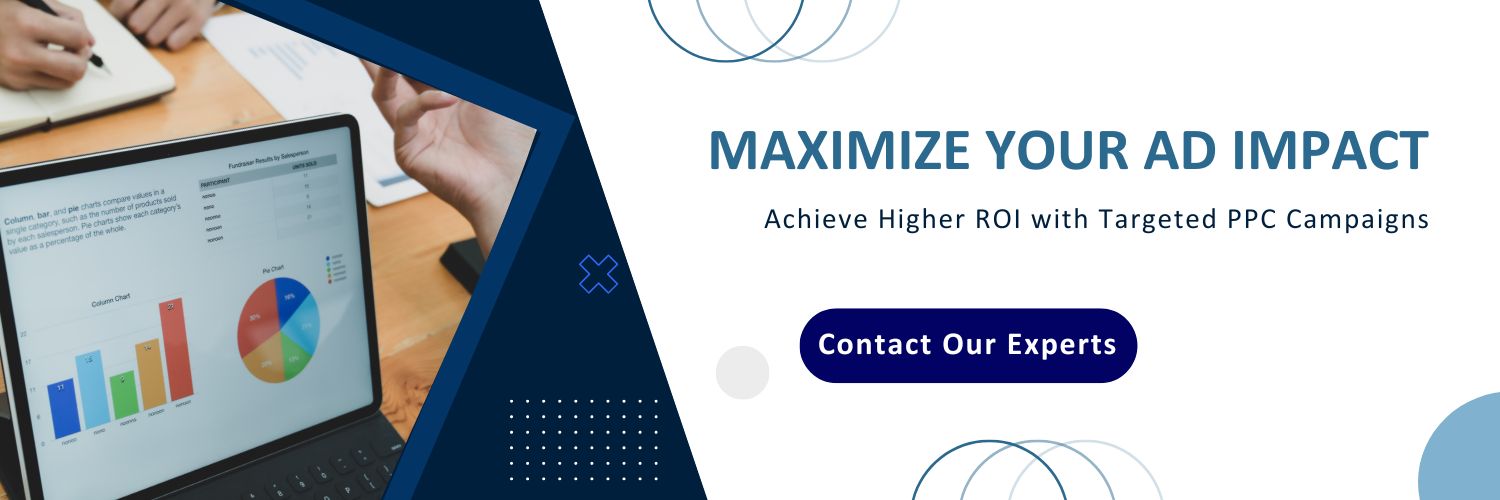Google Ads has changed along with the advertising industry’s move toward greater automation and machine intelligence. Google Ads has evolved dramatically since it was known as Google AdWords, including a redesigned user interface, new campaign types, and new features.
In reality, many of these changes are advantageous for firms trying to advance their operations. The advent of Google’s Optimization Score is one notable shift that you should be sure to monitor.
What is the Optimization Score in Google Ads?
The Google Ads Optimization Score is an attempt by Google to assess the general health of your Google Ads account and to estimate the effects of applying its account suggestions.
Google uses machine learning, a type of artificial intelligence (AI), to generate these recommendations. It analyses your particular account configuration to uncover optimizations and spot chances to expand your Google Ads account.
Your optimization score, in particular, is a percentage score between 0% and 100%, where 100% indicates that Google’s machine learning was unable to identify any chances at the moment, and 0% means that you should speak with a digital marketing service immediately.
Although customized to your account and updated in real-time, the Optimization Score is no longer a replacement for routine QA checks or PPC management.
How is Google’s Optimization Score Calculated?
As was already noted, your account’s Optimization Score is unique to your particular account. While Google keeps the precise formula for determining an optimization score a secret, there are several things we know from its documentation or may infer from the landscape and recent patterns.
Google states, “Optimization score is determined in real-time, depending on the statistics, settings, and status of your account and campaigns, the pertinent influence of the available recommendations, and recent recommendations history.
Let’s break this down based on what we know and our experience with the recommendations system. According to Google, the Optimization Score is based on the following:
Real-time: Your Optimization Score changes if you accept or reject a recommendation.
Your numbers: Google is probably attempting to calculate an impact score for each optimization suggestion by combining historical performance data for your account with predictive modelling.
Your preferences: The recommendation engine can comprehend your accounts’ structure and particular conversion behaviours. Additionally, Google recently requested that your conversion action categories be updated to identify practical actions. Further, it can comprehend the themes of your ad groups and even provide suggestions based on the keyword match types you now use. Google Ad agencies can provide a brief preference for conversion.
Your account’s and your campaigns’ status: Only recommendations for active campaigns will be offered on the Recommendations tab. To clear the system of unnecessary information and enable you to concentrate on what will have the most impact, you will only receive recommendations if a campaign is active.
The pertinent effect of the suggestions available:
This implies that their perceived impact on your account influences the weighting of the suggestions. Each recommendation is given a number, and the higher the score, the more significant impact is anticipated.
This one is a little hazy, but it probably refers to a hierarchy within the suggestions and an understanding of which ones you’ve implemented. For instance, it won’t suggest changing your CPA if you aren’t using smart bidding, and it might give you more keyword suggestions if you plan to add new keywords.
Trends in the environment of ads: In particular, when advertising during a pandemic, Google Trends has been able to keep advertisers abreast of these shifts, and Google is now starting to expose some of this information right within the Google Ads UI. These beneficial insights are anticipated to grow in the future.
In brief, Google Ads analyses historical account performance data using its automation and machine learning capabilities to determine your Optimization Score. It then uses the details of your particular account structure and conversion activities to comprehend your configuration. Google’s predictive modelling is applied to this data to see if there are any prospects for your Google Ads campaigns.
If there is sufficient information, a suggestion will emerge. Each suggestion is given a weight based on its likely effect on your account. Your Optimization Score is the result of adding together each of these recommendations.
Should I apply them all if they’re meant to improve my Google Ads performance?
You should only follow some advice with thinking. Remember that Google is a company that specializes in advertising. Since its parent company, Alphabet is a publicly traded corporation; it generates more than 80% of its revenue from advertising.
This indicates that, like most companies, Google’s true objectives align with encouraging you to spend more money than assisting you. Before taking on any advice, consider its logic and take each suggestion with a grain of salt.
If you need help distinguishing between good and terrible advice, you may conduct your testing or consult a Google Ads company that can assist you in making the best choices for your company.
Giving credit where credit is due, Google is aware that your account will run better if it adheres to best practices and is generally healthier. You are more likely to increase your Google Ads spending if it performs better.
How could you not? This is why, since the launch of the Opportunities tab in 2009, Google has been providing insights to Google AdWords consumers. The initial opportunities mostly offered budget and keyword suggestions, but Google has been attempting to increase its feature range.
The Opportunities tab was relaunched to enhance user experience. At SMX 2018, Google revealed yet another redesign of the Opportunities tab and changed the name to Recommendations. The improvements still need to be completed.
What is a good google optimization score?
There is no definition of a “good” optimization score. Still keeping it as high as possible, monitoring your optimization score frequently, and implementing all recommendations that make sense given your objectives.
It’s also important to remember that Google requires an optimization score of at least 70% to qualify as a Google Ads Partner.
Can there be a comparison between accounts for the optimization of the score?
No. Your optimization score is based on the particular account, setup, conversions, and performance you have. As a result, you shouldn’t compare the optimization results of different accounts since your score is specific to you.
Even though a high score indicates that Google has yet to find any significant concerns with your account, it doesn’t necessarily suggest that your account will produce better business outcomes than one with a lower optimization score.
Additionally, Google Ads can only comprehend the data it has access to, so if you aren’t accurately tracking your conversions or ROAS, your Google optimization score won’t be able to take this data into account. Your optimization score and recommendations better indicate real advertising optimization and performance.
Does the optimization score affect the quality score?
Your Quality Score or AdRank does not take the optimization score into account. In other words, the ad auction calculations do not consider your optimization score.
How can One Boost Google Ads Optimization Score?
Applying or ignoring the Recommendations that are presented will increase your Optimization Score.
The difference is that rejecting a recommendation has only a short effect; if Google’s statistical models continue to believe it will affect the future, it may reemerge.
There are two views in Google Ads’ Recommendations tab: Cards and Table.
Look at the “Account Optimization Headroom” column in the Table view to see which suggestions affect your total optimization score most. It’s also important to note that the columns are ranked, with the recommendations with the most significant influence appearing on the left.
You may also look at the past weekly spending for each campaign and, like with other optimization strategies, start by focusing on the highest spenders. The expected impact of each recommendation that emerged may be seen in more detail in the Cards view, and you can accept or reject the modification directly from each card.
New optimizations frequently appear, so check back often and implement the Recommendations that pertain to your company.
Banyanbrain, an SEO specialist, can help you score more on Google Ads Performance Score. Contact us today to know more.






